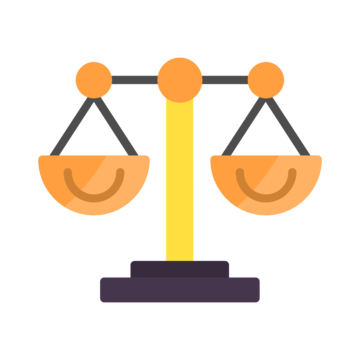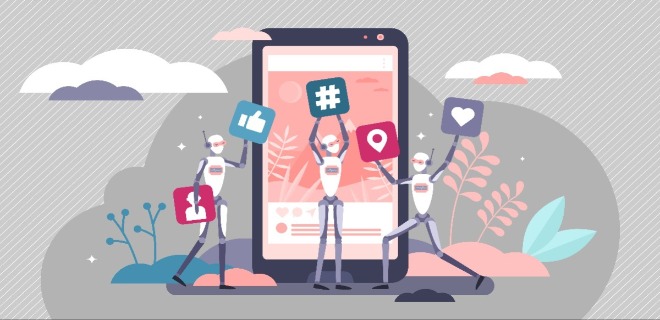Media in the Modern World
Media in the modern world has fundamentally transformed humanity. Social networking allows us to connect with friends, family, and peers, even across great distances. Similarly, the digital world has facilitated and sustained relationships among individuals. Platforms such as Facebook, Instagram, and TikTok offer creative freedom through seeking, receiving, and sharing information and ideas. This creativity fosters collaboration: helping people achieve common goals and promote shared concepts.
Despite social media’s profound impact on worldwide connection, it is important to understand how they handle our data and the associated risks. When we use social media, we leave behind a digital footprint. Tracking cookies gather personal information, interests, and locations, which contributes to the collection of user data. This personal data is often used among ads and shared with other companies. Unfortunately, it is difficult to permanently remove information once it is online. Hence, it’s crucial to be aware of these risks to avoid future data issues.
Social media can be two-sided, with both benefits and drawbacks. For the younger generation, it’s a major issue, serving as a space for creativity and learning but also posing serious risks to mental well-being. According to Yale Medicine, Dr Murthy emphasized his concerns about social media. He reported that “during ages 10 to 19, a crucial period for brain development”, in which social media use may affect their cognitive thinking, especially considering the maturity of the app. On the contrary, many teengers find social media to be a positive environment and opportunity for self-expression - this creativity promotes shared ideas and helps people work together to achieve common goals.
Unfortunately, social media has evolved into a platform of misinformation and propaganda, where people are easily swayed, especially when the content seems credible. For example, Wikipedia is not a reliable source - it can be edited by anyone, leading to potential inaccuracies or plagiarism. Therefore, it’s essential for individuals to be highly cautious and mindful of the information they encounter online. Let’s explore how social media platforms and users can combat misinformation. Companies can combat misinformation simply: completely blocking it or by offering accurate information alongside the false content. This allows users to access accurate and reliable information, therefore preventing the spread of “fake news.”
Overall, social media can both connect and isolate users. It’s bridged connections between people, however, it can also lead to feelings of loneliness. Viewing posts and pictures on social media can create an unrealistic image of the "ideal life." People often compare themselves to others they see online, forgetting that social media can be incredibly misleading. Following this ethical online behavior means showing respect, practicing empathy, and being a responsible digital user.

Me, Myself, and Social Media
From my perspective, social media has become an integral part of our lives, with younger
generations growing up deeply immersed in it. My parents, who have seen its mental and physical
impacts, have always been opposed to social media. When I experienced it myself,
I understood their concerns. While social media can be a powerful learning tool, it can also be
a harsh environment where many struggle internally. I believe everyone should occasionally step away
from the digital world to rediscover joy in life's simple pleasures. However, social media can be
used responsibly. For a positive experience, it needs to be a space where people can express themselves
without fear of harassment. While sharing our best moments is enjoyable, being vulnerable with each other
is important for creating a safe and
supportive environment.
Social media can be both a positive and negative environment. It enables us to stay connected with friends, family, and peers, regardless of distance. However, the digital aspects also pose the threat of misinformation, privacy invasion, and mental health concerns. Users should be cautious with information and their privacy, while also engaging respectfully online. Platforms and companies should remove false content, promote transparency, and foster healthy online interactions.



